Republic of India
Joint Submission to the UN Universal Periodic Review
41st Session of the UPR Working Group
Report on Response of the National Human Rights Commission of India (NHRCI) in civic space issues
Submitted by: Asian Forum for Human Rights and Development (FORUM-ASIA) and Human Rights Defenders’ Alert-India (HRDA) with co-sponsorship of additional 2697 organisations and 1457 individuals (full list available in annex 1).
Submitted on 31 March 2022
-----------------------------------------------------------------------------------------------
|
Asian Forum for Human Rights and Development (FORUM-ASIA)
Ahmed Adam Email: adam@forum-asia.org
|
Human Rights Defenders’ Alert – India (HRDA)
Henri Tiphagne Email: henri@pwtn.org
|
About the submitting organisations:
- The Asian Forum for Human Rights and Development (FORUM-ASIA) is a network of 85 member organisations across 23 countries, mainly in Asia. Founded in 1991, FORUM-ASIA works to strengthen movements for human rights and sustainable development through research, advocacy, capacity development and solidarity actions in Asia and beyond. It has consultative status with the United Nations Economic and Social Council and the ASEAN Intergovernmental Commission on Human Rights.
- Human Rights Defenders Alert (HRDA) – India is a national platform of human rights defenders for human rights defenders in India. Founded in 2010, it has more than 3000 individuals and organisations as members. HRDA initiates urgent action for the protection of human rights defenders under threat and attack.
- This report is submitted by FORUM-ASIA, HRDA and FORUM-ASIA’s member organisations in India.
- This joint submission in endorsed by additional 2697 organisations and 1457 individuals, including 2219 organisations and 1032 individuals that have opted to stay anonymous for fear of reprisals (full list available in annex 1).
Response of the National Human Rights Commission of India (NHRCI) in civic space issues
-
-
-
- Introduction
-
- This submission examines the effectiveness of the National Human Rights Commission of India (NHRCI) as an institution and its contribution to, and engagement with, pressing civic space issues since the last UPR (third cycle) in 2017. This report was prepared based on research from credible sources of information including the government, international organisations, media reports, academic publications drawn from the public domain. In addition, inputs from experts and human rights defenders from all over India were sought through an online national consultation that was jointly conducted by FORUM – ASIA and HRDA on October 18, 2021, held for the purpose of this submission. Around 90 participants, all experts who have been engaged with NHRCI at various levels, took part in the consultation and many inputs and remarks were consolidated during this process for drafting this report.
- India witnessed several serious issues raising concerns over shrinking civic space. These include protests against the Citizenship Amendment Act; historic protests by the farmers against the three amended farm laws which were later withdrawn by the State; clampdown in Kashmir post the abrogation of Article 370 of the Constitution of India. These protests were met with violent reprisals, prosecution and persecution of protesters. The response of NHRCI to these issues was found lacking. NHRCI’s silence and failure to intervene in crucial human rights crisis facing India has led to legitimate doubts that the Commission is now a diminished institution and that it is no longer an independent watchdog capable of holding the State accountable for violations of human rights.
- This submission intends to showcase and highlight findings from the consultation that NHRCI as an institution is facing a crisis of credibility; that civic space is under duress; and that the NHRCI has not played a meaningful role in addressing these concerns in India.
-
- National Human Rights Commission of India (NHRC): Mandate
- The NHRCI has been established under the Protection of Human Rights Act (PHRA), 1993 as an independent institution.[1] The Act was amended in 2006 and 2019. The NHRCI has a wide mandate to conduct inquiry into complaints of violation of human right,[2] intervene in any proceeding involving allegation of violation of human rights, review laws and other factors that may inhibit enjoyment of human rights, visit jails and other custodial institutions of the State, and recommend measures for effective protection of human rights.[3]
- NHRC: Compliance with Paris Principles
-
- The Sub-Committee on Accreditation (SCA) of the Global Alliance of National Human Rights Institutions (GANHRI)
- The Sub-Committee on Accreditation (SCA) of the Global Alliance of National Human Rights Institutions (GANHRI) in 2016, deferred the re-accreditation of the NHRCI to the second session of 2017. Whereas NHRCI held an ‘A’ status from its earlier reviews, certifying full compliance with Paris Principles, the SCA recommended further re-consideration and deferred the decision of accreditation owing to concerns on the selection criteria process for appointment of members, political appointments to the NHRCI, backlog of cases, lack of pluralism and gender representation[4] amongst its members and staff.[5] Despite the concerns raised by SCA, NHRCI was able to retain its ‘A’ status. The SCA reiterated its concerns that the legislative framework and its functioning may not be fully compliant with the Paris Principles.[6] In 2021, the Asian NGO Network on National Human Rights Institutions (ANNI) called for a special review of NHRCI to the SCA of GANHRI, although the request was rejected, continued efforts have been made by CSOs to address the failure of NHRCI to comply with the Paris Principles.
- The Sub-Committee on Accreditation (SCA) of the Global Alliance of National Human Rights Institutions (GANHRI)
-
- Appointments and staffing
- The SCA raised concerns that the selection process to the membership of the NHRCI is not ‘sufficiently broad and transparent’ as it does not require advertisement of vacancies, establish clear criteria for selection, or specify how broad consultation in the appointment process can be achieved.[7] It has also highlighted that there are concerns about the lack of pluralism in the composition of the body.
- The SCA had expressed its concern that the requirement of the Chairperson to be a former Chief Justice of the Supreme Court of India restricts the pool of candidates and especially affects representation of women in the institution. The PHRA was amended in 2019 to the effect that at least one member of the NHRCI should be a woman, and that any person who has been a Chief Justice of India or Judge of the Supreme Court of India can be the Chairperson.
- Appointments and staffing
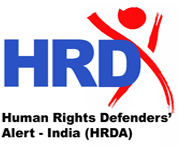


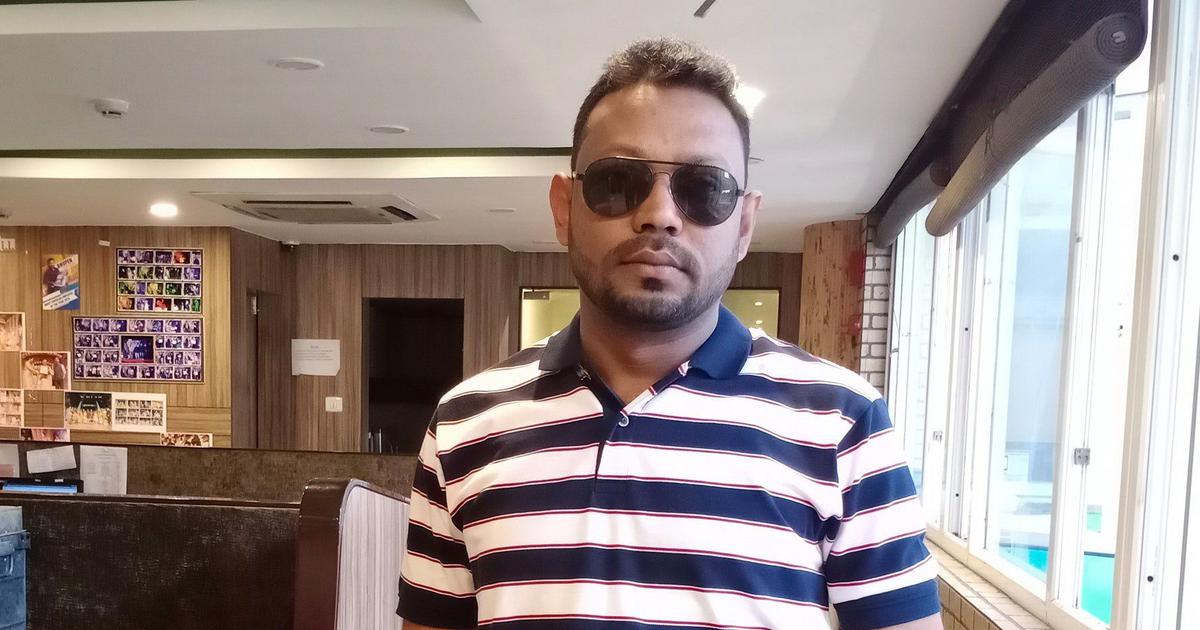
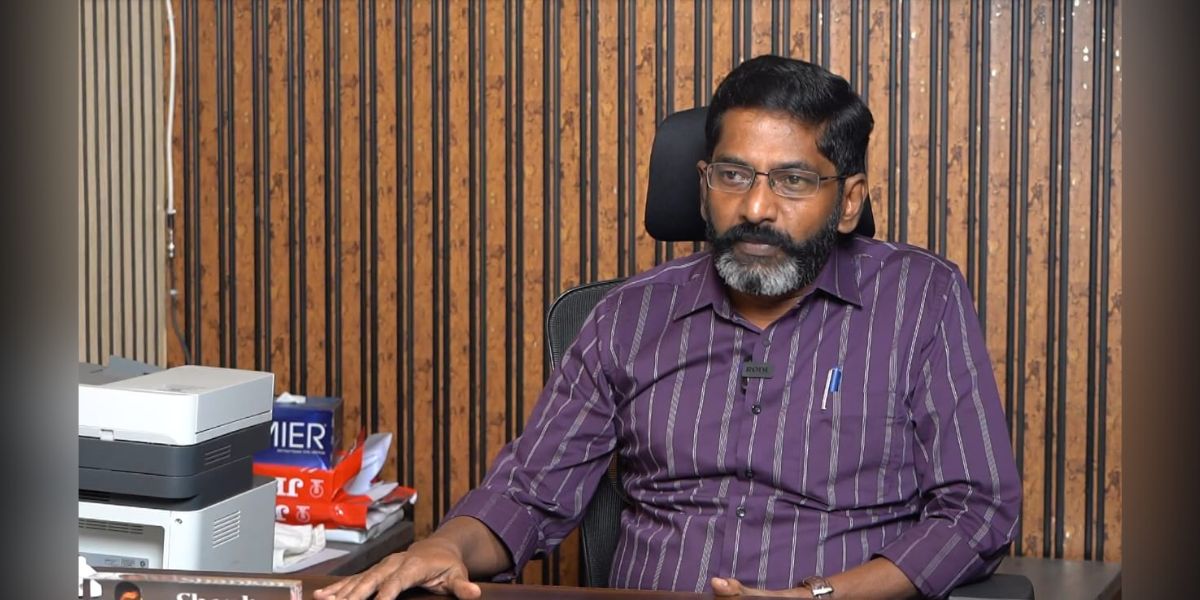

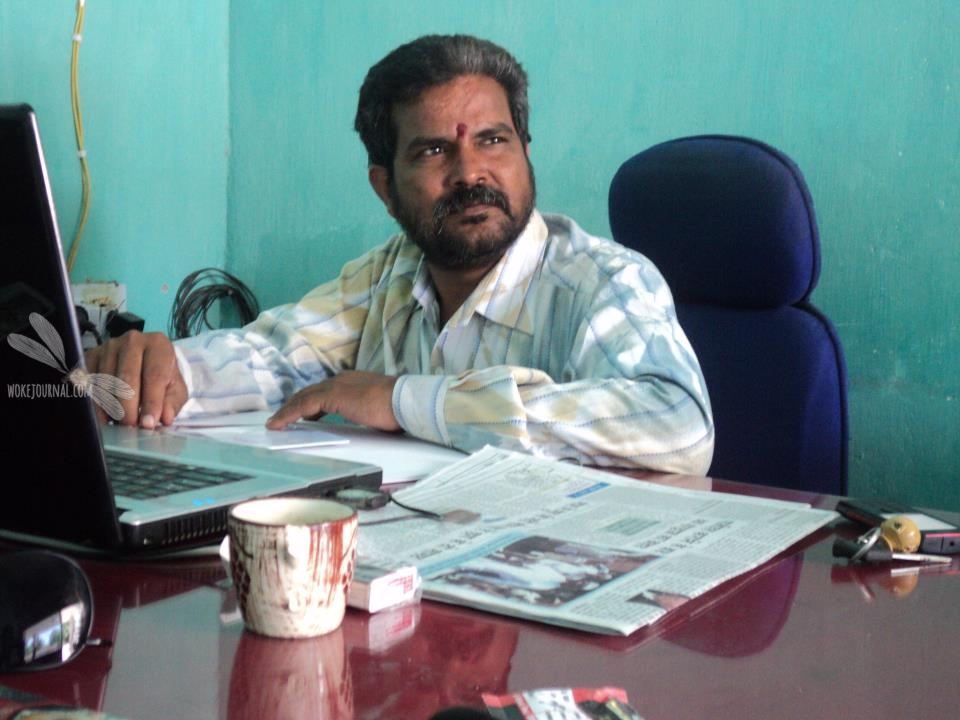
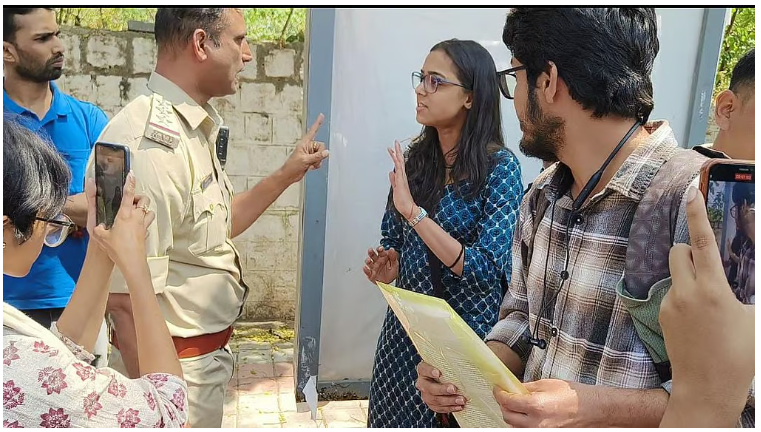

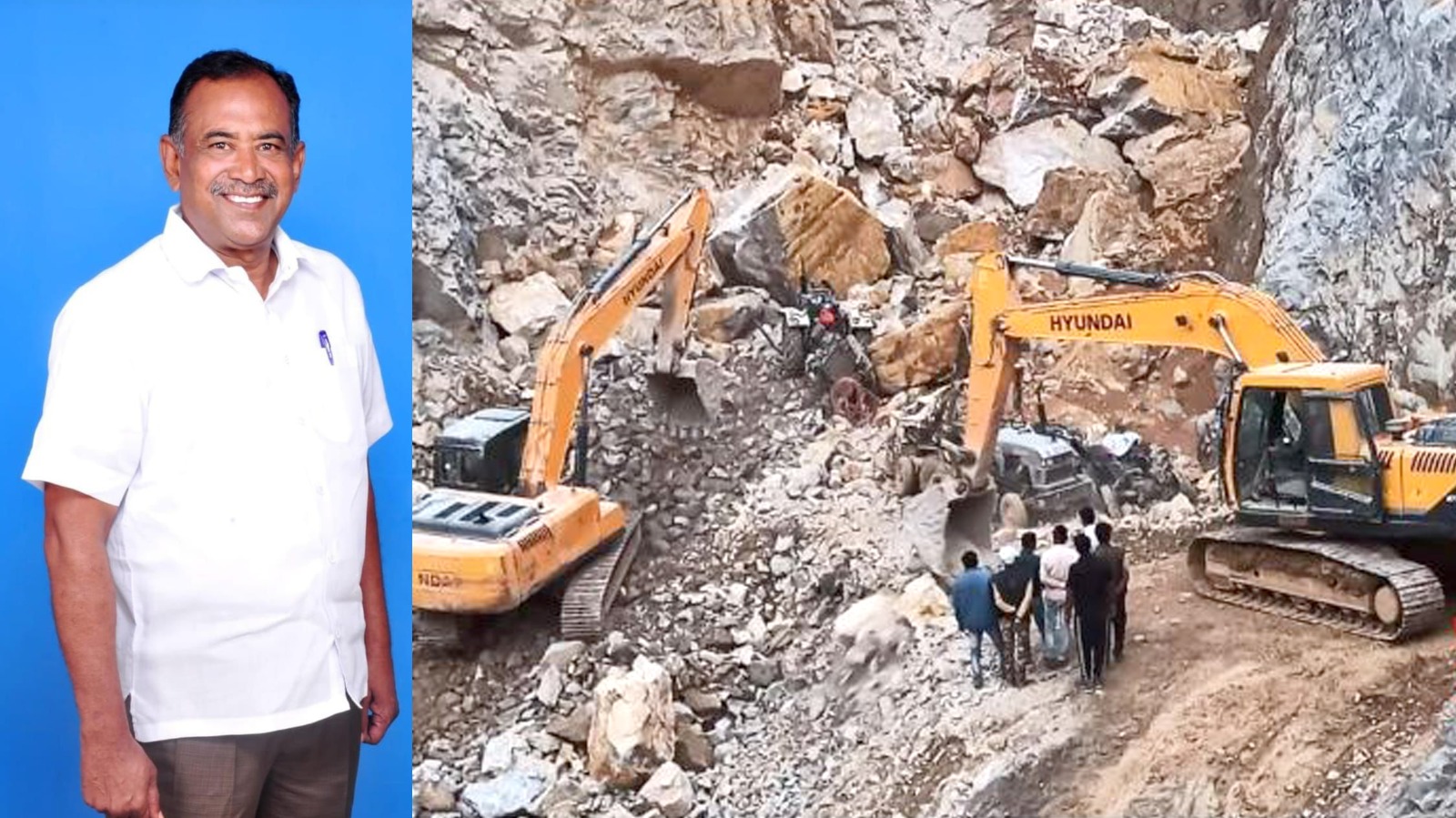
Add Comment